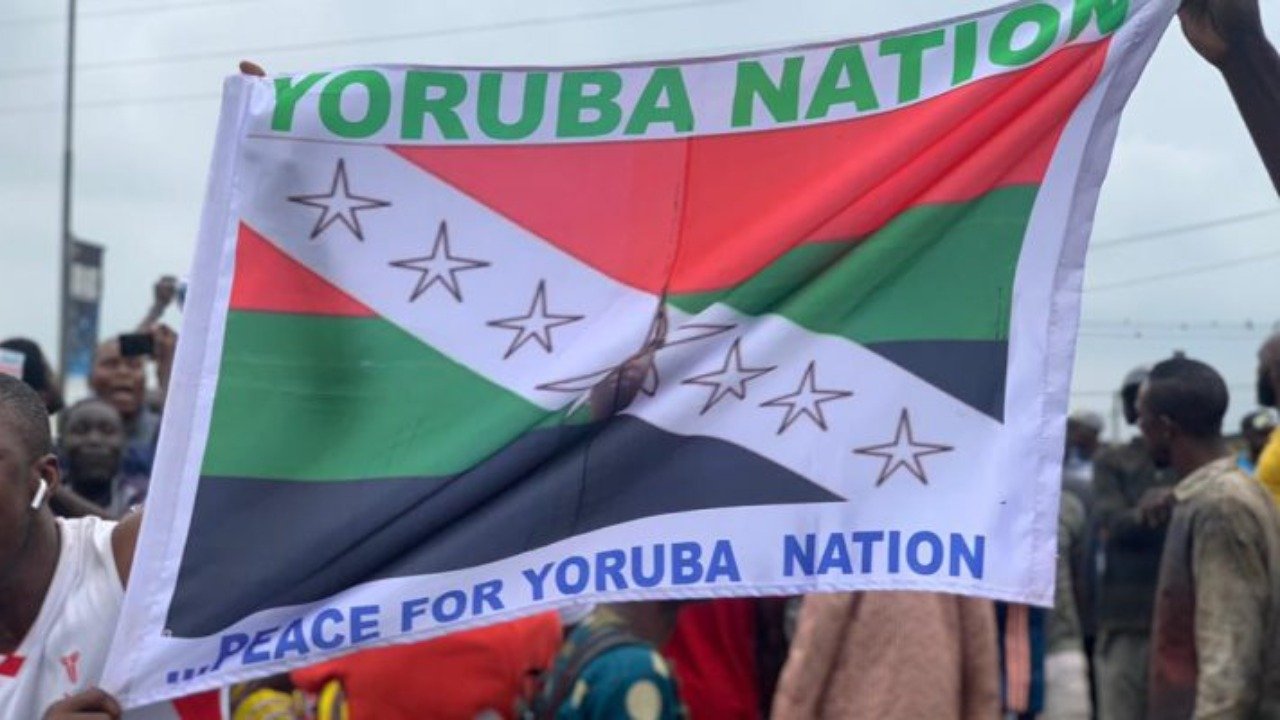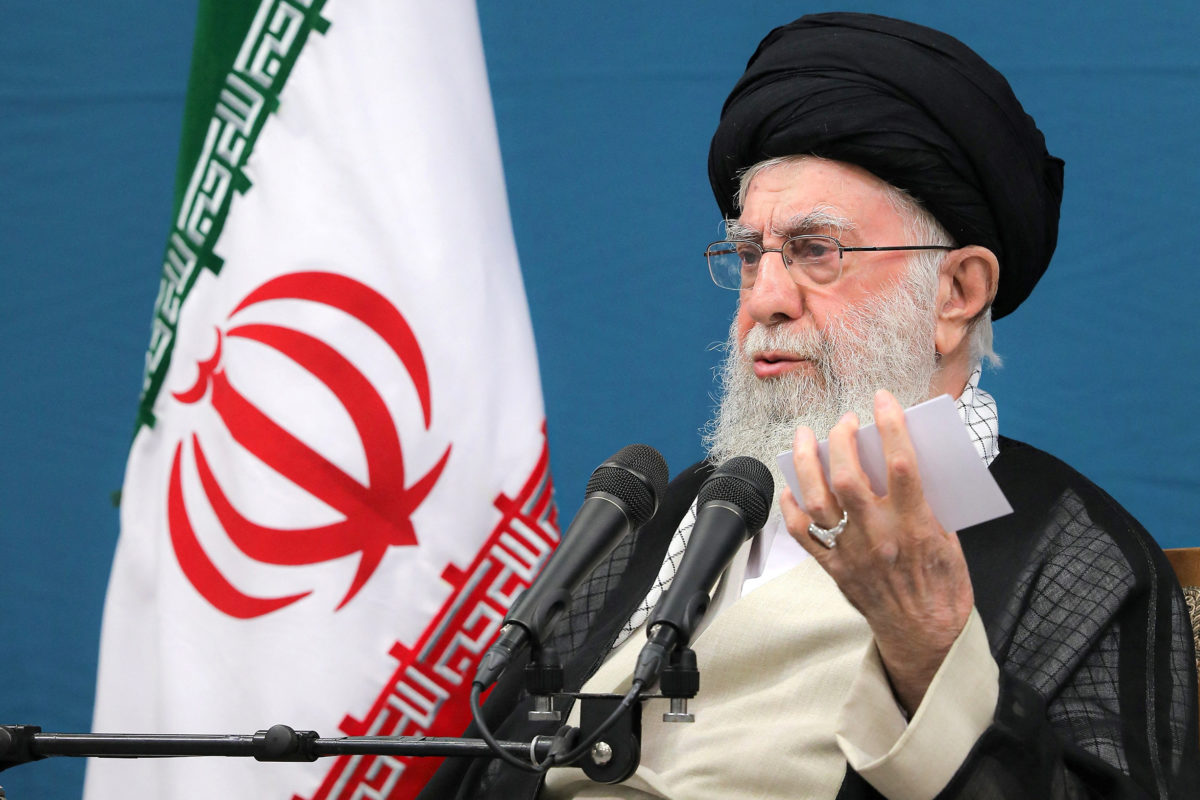By Kayode Emola
It is easy to condemn people when they fail in their endeavours, however it is important to remember that failure is part of the process toward success. It is true that history is written by the winners; so, when an invasion is attempted, those who succeed frame themselves as justified freedom fighters, whilst those who fail are painted by their opponents as unlawful insurgents. It may be easy to condemn as criminals those who invaded the Ibadan Secretariat on 13 April 2024, but in so doing, we find that, in order to avoid hypocrisy, we are bound to condemn as criminals the proponents of every coup in Nigeria since 1966.
We must not forget that Nigeria, from its inception, is a fraud committed against the indigenous people. We were forced into merging as one nation by the barrel of a gun held to our leaders’ heads. No Nigerian gave consent to us becoming one country. Yet those today who have the ability to address the issue of sovereignty are benefitting from the corrupted nature of Nigeria’s genesis, and so refuse to address question, despite its importance.
When I first heard about it, I had wanted to condemn the actions of those invading the Oyo State secretariat invaders. However, when I watched their videos, every person among them held fast to their desire for an independent Yoruba nation, even though they were surrounded by multiple Nigerian security agencies. Sticking to their conviction even in the detention of those who could punish them without a second thought for holding such views, shows their courage and fortitude, for which they must be praised.
Throughout history, far more nations than not initiated their move toward independence with the barrel of a gun, before a diplomatic settlement began negotiations. However, despite preparing for an all-out gun battle, these people refused to fire a shot. Even when one of the government officials can be heard screaming, “Shoot me,” no shots were fired. This level of discipline is usually only seen in most professional armies, yet, though the invaders are no army, they exhibited the highest level of discipline.
We often look to America as the ultimate example when it comes to nationhood, yet forget that in attaining their independence, they, too, had their share of violence. Many black people celebrated Barack Obama when he became the first person of colour to attain the position of President of the United States; but not many of those celebrating remember the sacrifices of the Civil Rights Movement, the Nation of Islam or the Black Panthers.
Many of these pressure groups employed a modus operandi of confrontation with the authorities. For instance, the Nation of Islam, who counted Malcolm X amongst their prominent leaders, famously conflicted with the US law enforcement authorities and sought total separation between black people and the country of America.
The proponents of one Nigeria today are quick to quote chapter 1, schedule I(3)2(1) of the 1999 constitution as stating that “Nigeria is indivisible”. However, taking that section of the constitution as a standalone is misleading because the constitution then goes on to say, “Nigeria shall be a federation consisting of… 36 states… that is to say, Abia, Adamawa, Akwa Ibom, Anambra, Bauchi, Bayelsa, Benue, Borno, Cross River, Delta, Ebonyi, Edo, Ekiti, Enugu, Gombe, Imo, Jigawa, Kaduna, Kano, Katsina, Kebbi, Kogi, Kwara, Lagos, Nasarawa, Niger, Ogun, Ondo, Osun, Oyo, Plateau, Rivers, Sokoto, Taraba, Yobe and Zamfara.”
Yet Nigeria itself is an artificial state, held together by force rather than mutual respect. Nigeria’s artificial amalgamation has allowed non-state actors to prioritise that which is good for them and their associates, resulting in high rate of crime. The crime rate in Nigeria is now at its highest level, and the government machinery is not able to handle it. Just this week, the Nigerian Army withdrew from their camps along the Allawa axis of the Shiroro Local Government of Niger State, citing insecurity from terrorists. The sudden removal of the army presence has forced the entire community to flee from their homes, leaving their belongings and livelihood behind.
In nationhood, citizens’ rights and freedom ought not to be taken away through legislation for the purpose of benefiting the political class. The state must always owe its authority to the general will of the people, with the laws of government derived from the will of the people. If the government of Nigeria fails to engage with the people for whose benefit the laws are supposed to be implemented, then actions such as those witnessed on 13 April may be inevitable.
What the government witnessed on 13 April was a taste of what the citizens have been experiencing since the start of ‘democracy’ in 1999 and the creation of the terror group Boko Haram in 2002. The government officials react only when their own survival is being threatened, not for the benefit of the people.
Its high time the government of Nigeria realised that if they require that their citizens be law-abiding, they themselves must respect the sovereignty of the people. We who are quick to condemn must realise that those who have the courage to stand up for their rights are true heroes of the Yoruba people and should not be treated as villains. To avoid reoccurrences in the future, the government needs to engage the people, not adopt merely a fire-brigade approach to issues surrounding sovereignty and national security. “Better put a strong fence ’round the top of the cliff, than an ambulance down in the valley.” (Joseph Malins, 1895).


 Headline5 days ago
Headline5 days ago
 Headline6 days ago
Headline6 days ago
 Featured5 days ago
Featured5 days ago
 Featured5 days ago
Featured5 days ago
 National5 days ago
National5 days ago
 Featured3 days ago
Featured3 days ago
 National6 days ago
National6 days ago
 News3 days ago
News3 days ago












